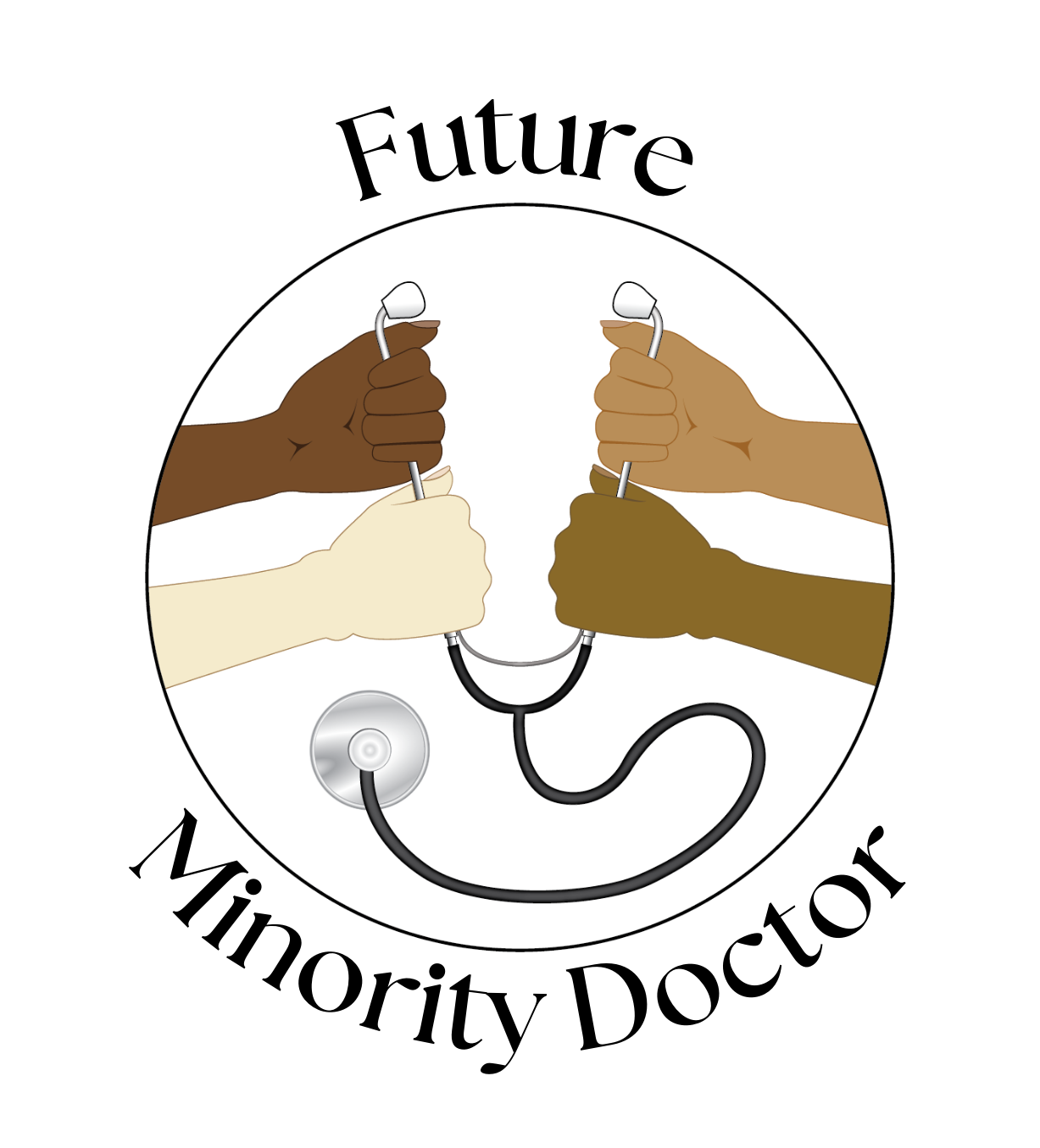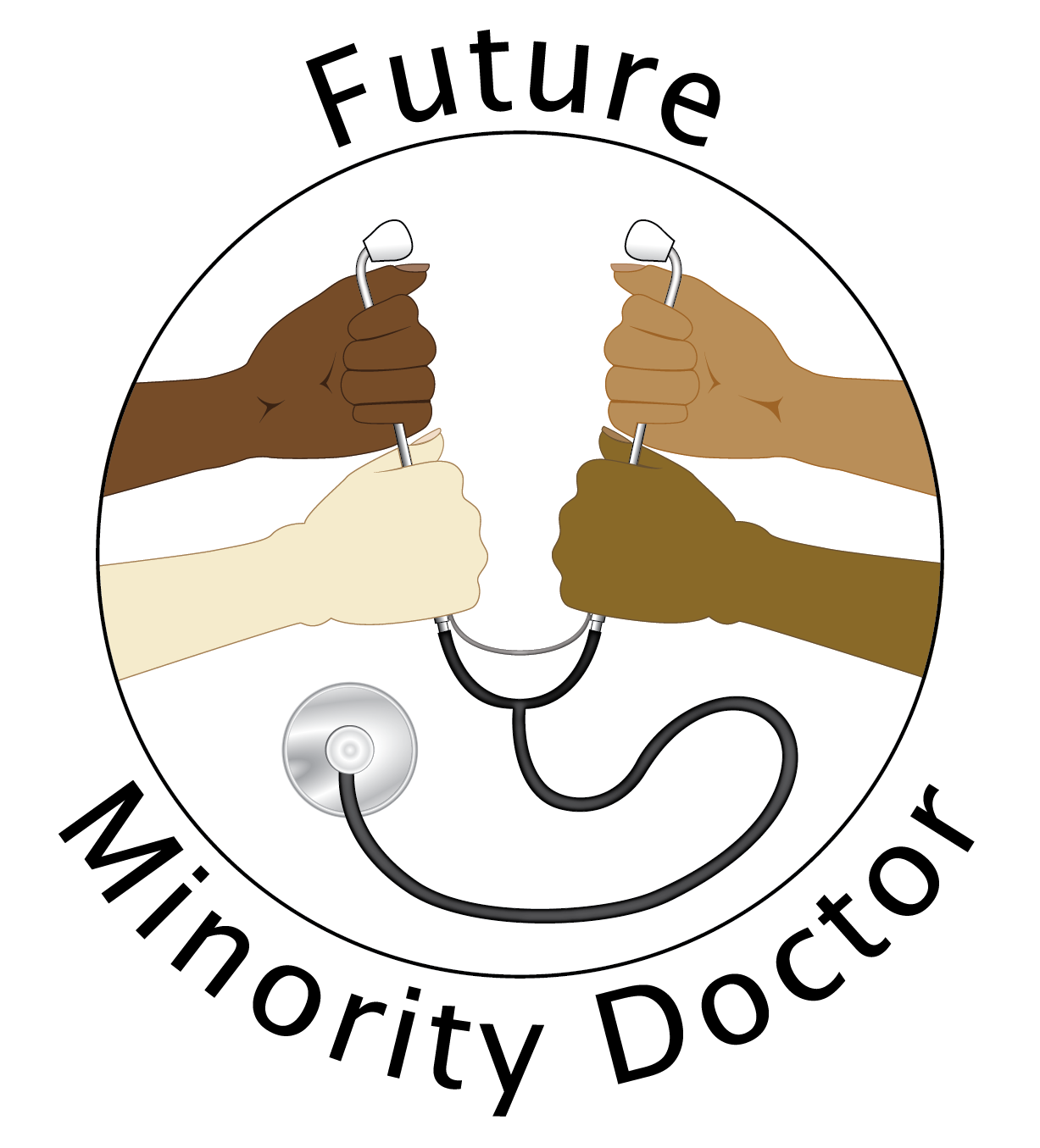Valeria’s Personal Statement
“Y qué significa eso?” I sat adjacent to my mother in my childhood kitchen, the weight of her battered history textbook open across my lap. I answered slowly, doing my best to enunciate the translated words in a way she could understand. Knowing how intelligent and masterful she was in her own language, I felt a displaced frustration having to simplify phrases and information for her. Translating and navigating life in the US is a role I frequently played as a child with immigrant parents, often tasked with reading over legal documents I was too young to truly grasp. “What does that mean?” – a question asked so often in my household, with no one but me to answer.
Having this experience at home motivated me to seek out similar experiences in my community. As a senior in high school, I volunteered weekly as a medical interpreter for Spanish-speaking patients at Agape Clinic in Dallas, an experience that helped to open my eyes to the inequities in access to healthcare. My first day in the clinic, I stood hesitantly by the exam door as the doctor prepared to enter. “Are you ready?” Dr. B asked and I cautiously stepped forward to follow him through the door. Inside sat an older woman accompanied by her daughter. The woman pulled out a piece of paper where she had recorded her blood sugar readings and proceeded to update him about her symptoms, diet, and medication adherence. Knowing nothing about diabetes at the time, I did my best to relay the messages between Dr. Baxter and his patient. However, a deep blush would set in across my cheeks when I stumbled trying to translate words like “Hemoglobin A1c”. Despite having waited hours in a long line outside the clinic, the woman and her daughter left and thanked Dr. B and me for our help in managing her condition. They were one of nearly a hundred patients we saw that day, but they exemplified the thousands of people in the community who lacked access to medical care and relied on charity care like that provided at Agape. As I continued to volunteer every Saturday, my interpretation skills improved and I began to envision how much more I could help individuals in my community as a Spanish-speaking physician.
When I moved to Arizona to attend college, I struggled with feelings of isolation for the first time but found a home away from home at Phoenix Allies for Community Health, a local free clinic that served predominantly undocumented residents. I woke up at seven on Saturday mornings to take a train and a bus to serve as an interpreter at the clinic. Patients would file into the waiting room with hypertension, diabetes, and various other chronic conditions. At the end of a visit, Abuelitas (grandmothers) would grasp my hand and say with a big smile, “Thank you, mija. (daughter)”. It was as if they knew I found myself hundreds of miles from home and their ‘thank you’ offered a familiar comfort. In addition to interpreting, I helped register patients for medication assistance programs and coordinated appointments and medication refills. Often, the schedule was overbooked and I scrambled to get tasks completed between visits. While the constant chaos and pressure was overwhelming at times, I left each clinic day feeling more embedded into my community and more motivated to keep going. Every shift I met individuals who made me feel connected and purposeful during a time where I found it difficult to keep up with the rigorous coursework and professional commitments in my life. These relationships with patients who cared for me as much as I cared for them solidified my desire to bridge the gaps in care for underserved communities like this one as a physician. It drove me to lead as the co-director for a university-sponsored free clinic devoted to caring for refugees, where I coordinated fundraising, staffing, scheduling, and off-hours communication with patients. I began to understand the levels of complexity involved in providing equitable healthcare – from patients to social policy – and became even more committed to creating solutions as a physician.
For my college honors thesis I examined reasons for vaccine hesitancy among pregnant individuals in Phoenix, which expanded my perspective regarding social determinants of health. It felt intimidating to propose my own project and manage all of the data collection and analysis alone, but my advisor Dr. L helped guide me through the process. I was surprised to discover that Hispanic participants were equally likely to receive the vaccine compared to their non-Hispanic counterparts, but had lower confidence in the vaccine’s efficacy. The degree to which factors such as education and income could determine vaccination – and, in turn, risks of health outcomes – was sobering. I became more passionate about understanding and unraveling the barriers that stood in the way of true health equity and began to see my future as not only a physician, but a physician, scientist, and advocate combined. Through the culmination of my experiences, I understand I have the opportunity to create change within underserved communities that face countless disparities in a healthcare system often that lacks accessibility. My dream is to someday create a network of clinics that increase access to equitable and quality care. I want to help patients directly as their physician and also be part of a larger societal solution toward health equity in this country.
My upbringing in an immigrant family, my experience as a first-generation college student feeling alone away from home, and my clinical and research experiences have all shaped me into the person I am today – one who is determined to help bridge existing gaps in healthcare for people from various cultures, languages, and experiences. I wish to be the physician that can offer a wise and caring response to the question, “Y qué significa eso?”
Character Count: 5878 (limit is 5300); note this was over limit and eventually edited

